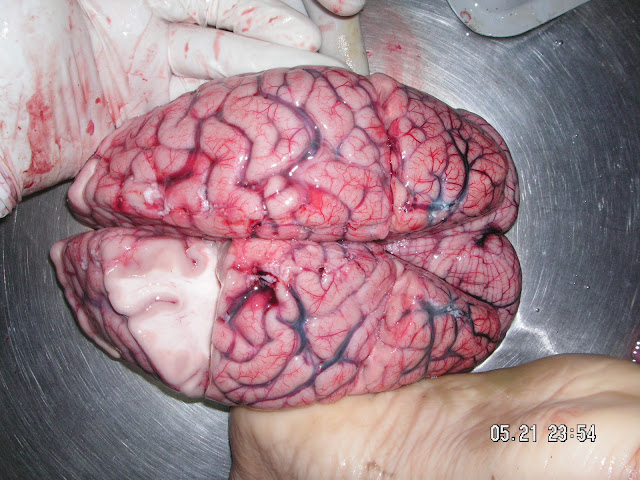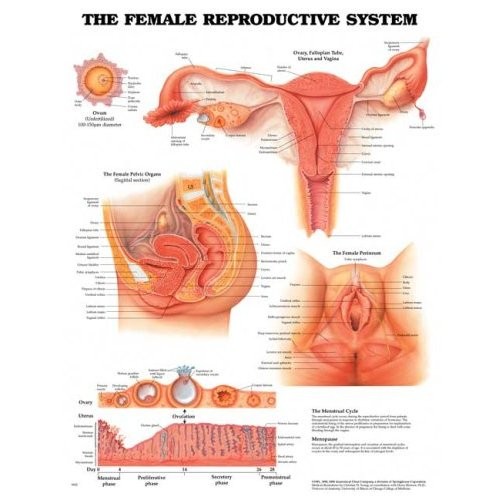Chikungunya
What is Chikungunya Fever? Chikungunya fever is caused by a virus and is transmitted by bite of Aedes aegypti mosquito which bites during the day. The symptoms of the disease are similar to dengue fever. In some patients it can cause severe, occasionally persistent, joint pain (arthritis), as well as fever and rash. Symptoms of Chikungunya Fever The symptoms of chikungunya fever generally start with fever 2-4 days after bite of an infected mosquito. The symptoms of chikungunya fever are: Rapid onset of joint pains (which is severe, crippling migrating, polyarticular arthritis) and it may or may not be associated with- • Muscle pain • High grade fever • Conjunctivitis • Rash The infection is rarely life-threatening and majority of the patients recover in a few days. But it can cause substantial morbidity such as prolonged fatigue lasting several weeks, pain in joints for months or years. The prolonged joint pain seen in chikungunya fever is usually not observed in de

